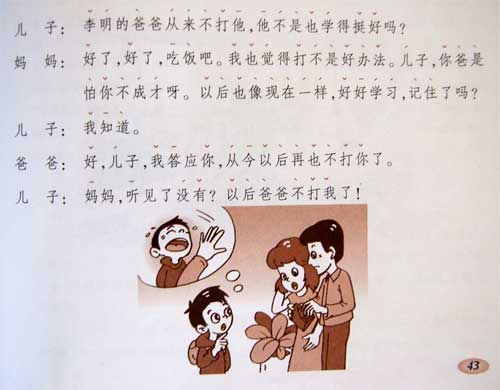I’ve just listened to the Global Humanitarian Forum‘s dialogue on climate justice. It’s a debate discussing how the effects of climate change hit hardest the developing countries which are least responsible – an injustice we must combat. The debate was webcast live to young bloggers around the world on an initiative of the One Young World project I’m part of myself (“a platform to engage and inspire the 25 year olds of today – the decision makers of tomorrow”).
It’s really worth a listen (click the ‘view our webcast’ button on that first link I give). Kofi Annan looms over the proceedings from a telescreen, issuing awkwardly time-delayed warnings while Desmond Tutu cracks jokes from the panel. Tutu also issued, on behalf of his generation, this over-due apology:
It’s your world. And we oldies have made a mess of it, by and large. We are begetting to you a world with a very real, very serious threat of extinction.
The key message of the debate was ‘the polluter must pay’. “Those who are least responsible”, as Tutu put it, “bear the greatest blunt” (like Africa or the Maldives, whose president is rumoured to be looking for a new island in case the current one is submerged by rising water levels), while “the ones who are culprits, for the most part, are able to protect themselves”. A shocking statistic: 90% of natural disasters accur in the global south, where 3% are insured; the other 10% happen in the developed world where 95% are covered.
This is more complicated when it comes to China, of course. China, with it’s vast savings, can pay. And it clearly sees the dangers of inaction: Steven Chu, Obama’s secretary of energy pick, talks in a fascinating interview on ChinaDialogue of how “China already is very afraid. They’re beginning to see the consequences of climate change in their water supplies. In northern China, the Yellow River is beginning to run dry; the Tibetan plateau is melting very quickly”
But action has its risks for China too: of stifling the economic growth and job creation which keeps its countryside happy not too unhappy (I’ll bet a baozi that a provincial government official will choose growth at the cost of the ever-more purple lake next door to the factory every time). So the question is how can we incentivize green energy in China: the kind of companies which in the long-term will drive its economy.
To me, technology transfer seems like the most obvious answer: Western countries like the US (who are historically responsible for climate change) to give developing, polluting countries like China the technologies they can’t afford to – or can but don’t want to – R & D themselves. A stumbling block here is, of all things, China’s terrible protection of intellectual property: this means that US companies are reluctant to disclose their hard-earned techonology secrets for fear of seeing them copied and on sale at Zhongguancun the next week (alright, a bit of an exaggeration).
And a final thought: seeing as Africa is the region hardest hit by, and least to blame for, climate change … will this impact on its relationship with China? China is both hand both behind it’s problems – as the world’s biggest polluter – and the hand feeding it – as an increasingly ubiquitous business partner and funder. If the polluter must pay, shouldn’t China (self-professed responsible member of the world community as it is) take a look at how it’s actions at home are crippling its cross-continental friend?
I’ll be discussing these themes with William. And while I’m here, check out this interesting blog on China and the environment (full disclosure: written by a friend of mine).
UPDATE: William has just emailed me a few quick reactions:
1. Who is the polluter? Companies or consumers? I think the consumer is the polluter, so what what we should do is reduce our consumption. Everyone on the earth should reduce his/her energy use etc. to a certain level (except the poor who have a low emission level). Companies only meet the needs of consumers. Like in this economic crisis, emissions will reduce when consumption reduces.
2. I agree with you in this respect: we should pay more attention to those countries who are least responsible for climate change. But how rich countries can supply their support is a big question.
3. The situation of intellectual property in China is really bad. This makes many foreign companies worry about their economic interests. But technology transfer is necessary, we need to innovate together.
4. It’s a reality that many provincial officials only want to develop the economy and brush over environmental protection. I think that’s why China needs more environmental NGOs.


